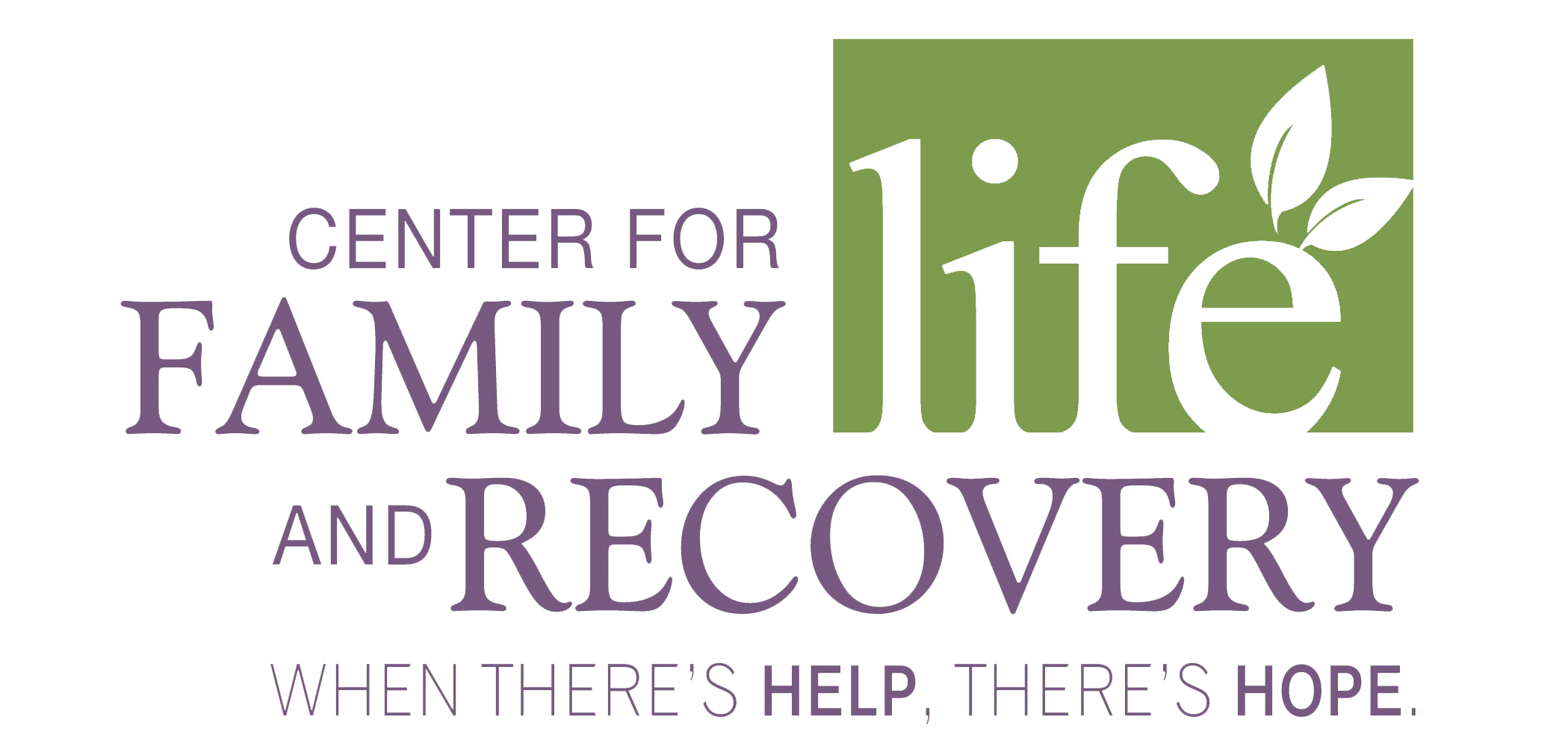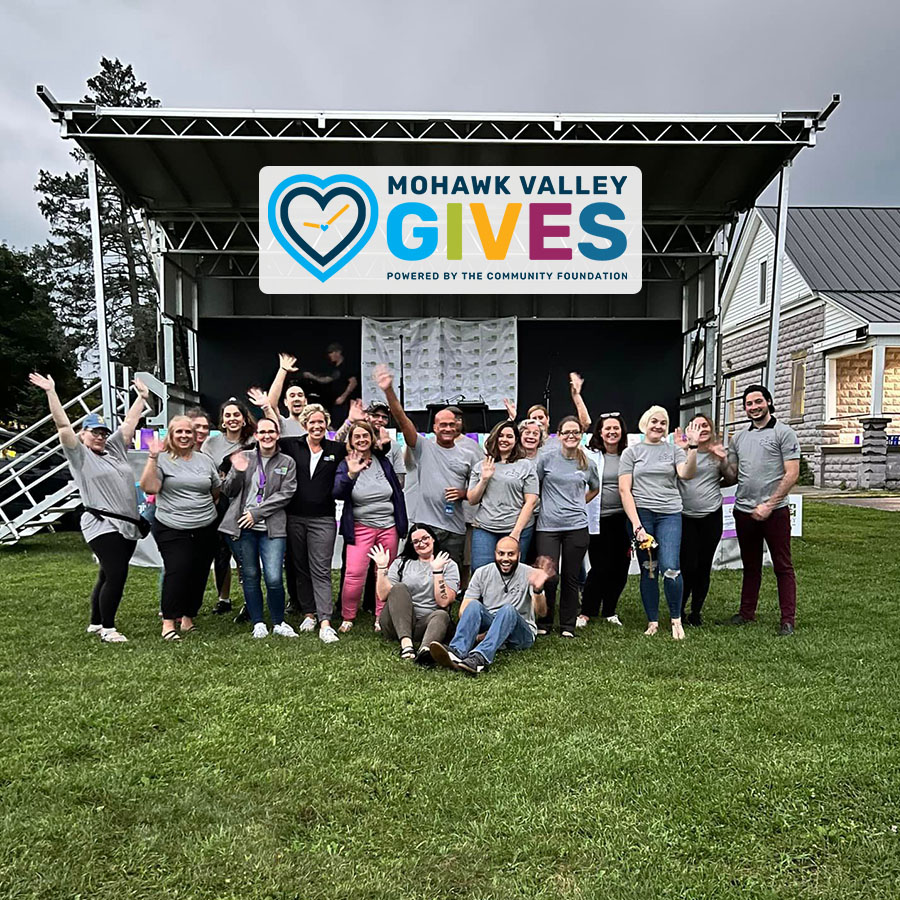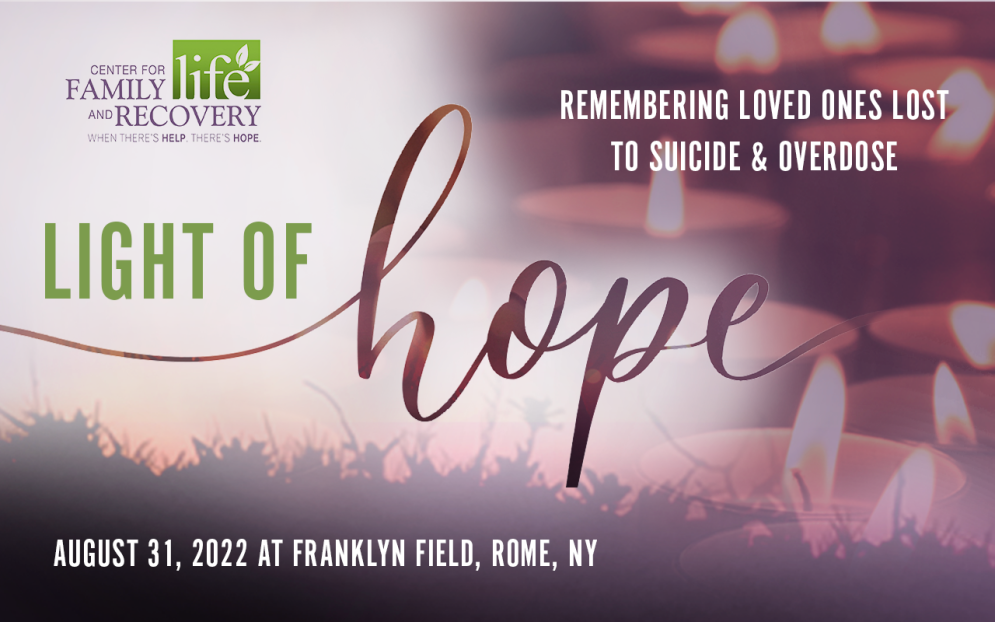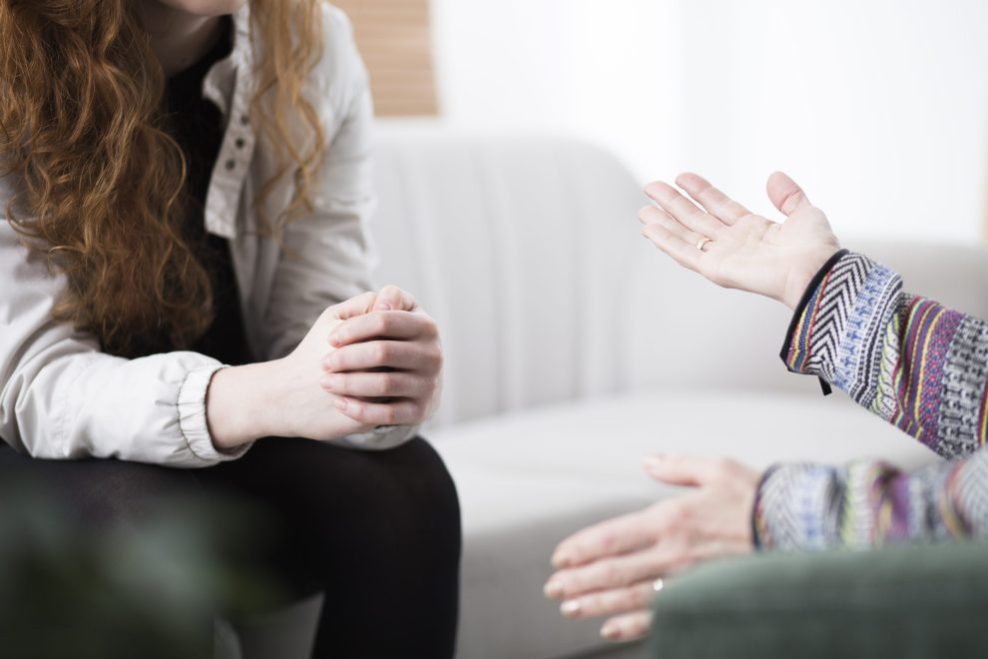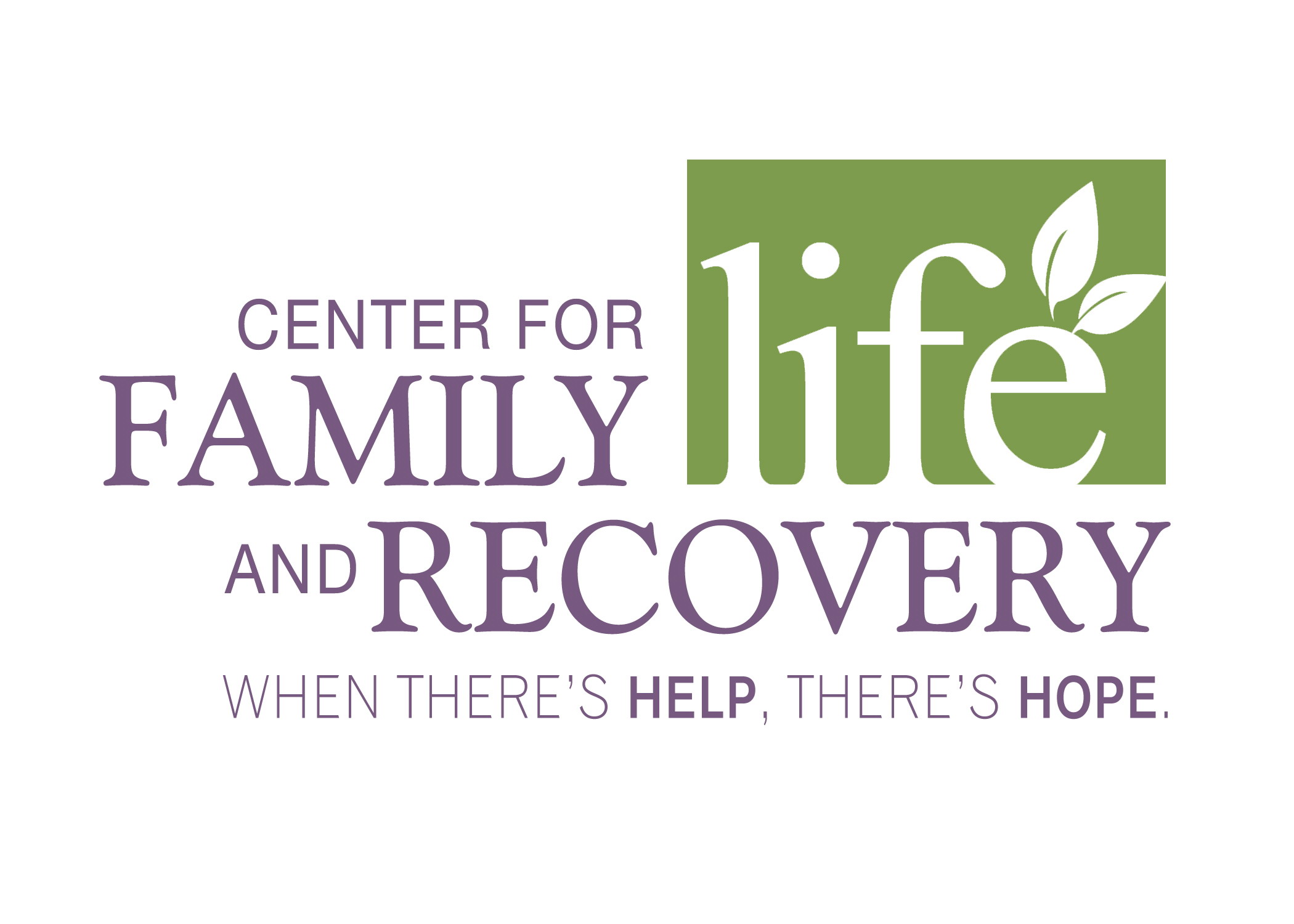Utica, New York – Join Center for Family Life and Recovery, Inc. (CFLR) at its Annual Light of Hope Event on Wednesday, August 31st at Franklin Field in Rome, NY from 6:00 to 9:00 pm. Light of Hope event brings together the community in an awareness event and a beautiful ceremony held to remember the loved ones lost to suicide, and overdose and recognizes International Overdose Awareness Day. The Oneida County Opioid Task Force is collaborating with CFLR on this event and other events in Oneida County.
International Overdose Awareness Day is the world’s largest annual campaign to end overdose and remember those who have died without stigma and acknowledge the grief of the family and friends left behind. The Mohawk Valley in Central New York is not immune. So far in Oneida County, we have had 40 fatal overdoses this year. International Overdose Awareness Day provides an opportunity for us to talk about and prevent overdose in our community.
According to the Centers for Disease Control, suicide is the 10th leading cause of death in the United States for all ages. And the second leading cause of death for 15 to 24-year-olds. In 2020, 54% of Americans had been affected by suicide in some way. CFLR works to prevent suicide through education, advocacy, and support for those impacted by suicide.
The Light of Hope event acknowledges the profound grief felt by families and friends whose loved ones have died from a drug overdose or suicide. CFLR wants to spread the message that the tragedy of drug overdose death, drug overdose and suicide is preventable. This event is an opportunity for love, compassion, outreach, and healing and creates educational opportunities to lessen the stigma.
CFLR invites the community to be a part of this event and remember a loved one lost to overdose or suicide by donating to support CFLR’s prevention and recovery programming, buying luminaries at the event, or becoming a sponsor. For more information go to https://www.whenthereshelpthereshope.com/calendar/light-of-hope-2/. Proceeds from the Light of Hope event benefits the programs and services of the Center for Family Life and Recovery, with a focus on Recovery, Suicide, and Substance Use Prevention services.
Center for Family Life and Recovery, Inc. is proud to be the area’s leading expert in advocacy, prevention, counseling, and training. As a community partner, it is important to us that we continue spreading the message of help and hope to our area and with those whom we work.
Along with supporting individuals and families struggling with addiction, mental health and behavioral issues, CFLR’s goal is to inspire hope, provide help, promote wellness and transform lives. The vision of CFLR is to be a leader in creating a world where people have the power to achieve and celebrate recovery. To learn more, visit www.whenthereshelpthereshope.com
